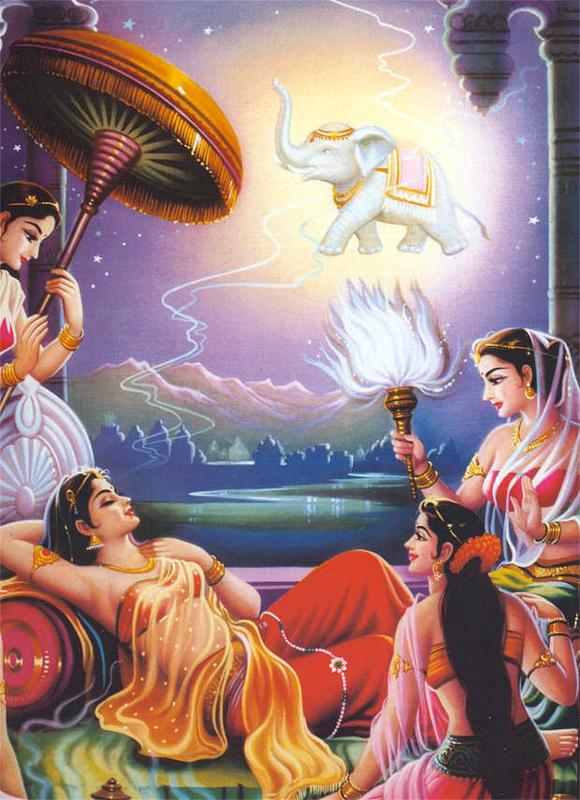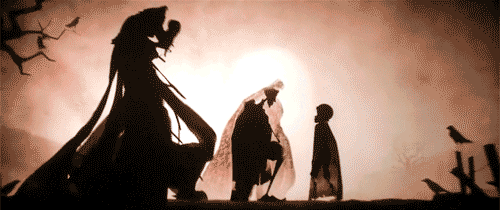Dr. Miller sank into
his chair and silently gazed around the room. It was filled with books, large
comfy couches, and a small kinetic energy sculpture. His previous patient left
a little early and he had a few minutes to spare in order to empty his mind.
This was how he worked. His mentor taught him one of the most essential skills
a psychiatrist should have: the ability to make his mind become a trash bin for
all his patients… but one with a hole at the bottom. After seeing a patient, he
simply forgets. He forgets all of the anger, sadness, frustration, etc. Of
course, this didn't mean that he didn't care for what they had to say in the
moment. He simply just didn't hold on to the feelings after the patient
left--to protect his own sanity and happiness. Some people say psychiatrists
and psychologists can only empathize with their patients because they are a
little insane themselves--but not Dr. Miller.
The telephone rang
shortly thereafter to alert Dr. Miller of the arrival of his next patient. He
quickly let the secretary allow the new patient in.
A few moments later,
Dr. Miller watched as a young man walked into the office. Per usual, he
regarded his patient for the first time. The man's name was Ravana, and at
first glance, was a generally kind-looking individual with bright eyes and a
wide smile. Dr. Miller thought back to all of his patients and remembered a
book must not be judged by its cover. Many of his most kind and proper-looking
patients were, by far, the most insane of them all.
They began the
appointment, as Ravana started speaking.
"Hello,
doc."
"Welcome,
Ravana. What brings you here today?"
"Well… to start
off, I've been having some legal issues come up. It's been taking a toll on me,
quite honestly… and I just need someone to talk to other than the voices inside
my head."
Dr. Miller paused
for a moment and looked slightly bewildered as what Ravana said slowly sank in.
Quickly, he regained his composure and continued asking questions.
"Voices, you
say? Like your thoughts, you mean?" he inquisited.
"No, not just
my thoughts. There are other voices in my head. Nine other ones, to be
exact."
Dr. Miller quickly
scribbled down schizophrenia on his
notepad and continued on.
"Ah, I see.
Tell me more about these legal issues and what role your voices have been
playing."
"So a little
while ago, I met this wonderful woman named Sita while visiting my parents up
north. She was really pretty, kind, and an amazing individual. We clicked
really well and time flew by so fast when we talked. This was before the other
nine voices showed up, you see. I don't really talk to many people and spent a
lot of my time alone. So after I returned home from visiting my parents, the
voices showed up. They told me that Sita wanted to come visit me for a while. I
was confused at first because, somehow, two plane tickets appeared in the mail
and I eventually went to bring Sita home with me."
Dr. Miller leaned in
closer to have a firmer grasp on the story.
"But Sita
wasn't the same. She seemed frightened of me and wouldn't talk. After a week,
she left. Then the following day, I was informed that I was getting sued for kidnapping her and… and… my life is just
falling APART," Ravana said as he gasped and started shaking. "The
voices told me it was okay! That she had consented to coming with me! I had no
malicious intentions… I just wanted a friend. I tried to apologize. I tried to
let them know that I wasn't trying to be a bad person. They wouldn't believe me
and now I won't get the chance to explain myself."
"Why not?"
asked Dr. Miller.
Ravana started to
choke up as he began speaking again.
"Doc. Today… is
the day I die."
Dr. Miller watched
in horror as Ravana pulled out a small vial filled with green liquid. Before
Dr. Miller could stop him, Ravana downed the contents of the vial and
immediately fell to the floor, shaking uncontrollably.
"Tell them that
I'm sorry…" Ravana said with jagged breathing.
***
Whilst Dr. Miller
was cleaning his office, his secretary came in to hand him some mail. There was
one particularly thick package that caught his eye and he reached for it. There
was no return address and when he opened it, there was a letter inside. The letter
was written by Ravana. The contents of the letter thanked Dr. Miller for being
with Ravana in his last moments and revealed that… Ravana had Stage 4 cancer
before he died.
Author's Note: When I was watching "Sita Sings the Blues" on YouTube, I noticed the narrators mentioned that the only thing that Ravana did wrong was to steal Sita. Even though that was his main fault, the story paints Ravana as a terrible person and readers have no sympathy towards him. In other aspects, he was a rather good rakshasa. Apparently, he even prayed to Shiva all the time too. I really want to write a story from his point of view so that the readers will sympathize with him more. I decided to have a modern setting in a psychiatrist's office where modern Ravana would be able to recount the situation to a third party. My initial story painted him as a criminal, but this time, I changed it up to a poor man who was at the end of his life and just wanted a friend. He ends up killing himself though because of everything that happens... of course he was going to die soon due to his Stage 4 cancer. The psychiatrist was his only way to talk to another person and really open up since I made his personality rather introverted.
Bibliography: "Ramayana Online: Public Domain Edition" by M. Duct, R. Duct, Gould, Griffith, Hodgson, Mackenzie, Nivedita, Oman, Richardson, Ryder. Website: Indian Epics.





.cover.jpg)































